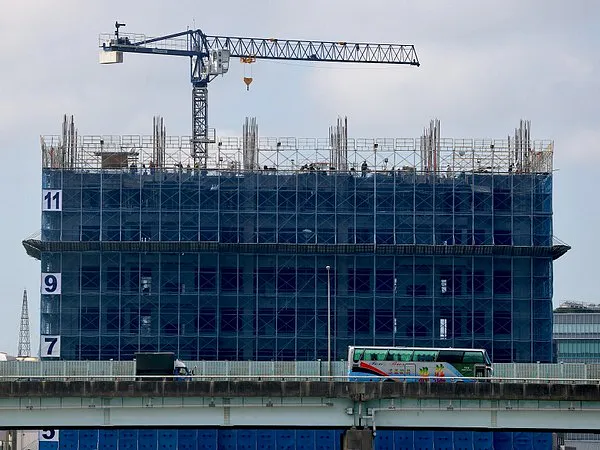China’s bad-debt managers are struggling to extract profit from the country’s slow economy, with no bottom in sight for its collapsing property sector.
China is currently suffering from its worst economic slowdowns in decades after the government reduced the debt in the property sector, which accounts for about one-third of economic output and led to a collapse in real estate prices.
This has been combined with the negative impact of the government’s strict zero-Covid policy and a regulatory blitz against high-flying technology companies to depress domestic demand. Even property companies, which are once considered financially reliable, such as the Country Garden, are reporting falling profits, Financial Times, a UK-based publication reported.
Although China had come up with several ideas like cuts in interest rates and some bailout initiatives for the property sector, it has failed to stop the loss. The house prices fell for 11 months consecutively up to July and this has left the asset managers reluctant to enter the market for fear they will not recoup investments.
“[Distressed asset management] only works when you think there is going to be mark-to-market pricing and a cyclical improvement,” said Andrew Collier, managing director of Orient Capital Partners in Hong Kong. “But if you don’t have accurate pricing and you have a structural downturn that could go on for another decade, then there is no way you can sell your assets.”
Shanghai Greencourt Investment Group, once an industry leader, reported an 86 per cent drop in profits in the first quarter of this year from a year earlier before being delisted in May. Its rival GI Technologies Group lost Rmb113million in the first quarter of this year, following steeper losses in 2021.
The consultancy PwC said in a report this month that China’s “bad banks” — as its distressed asset management companies are known — are becoming less “active” even though they are supposed to thrive in a recession.
According to the publication, local authorities want the asset management companies to bail out hundreds of unfinished residential projects left by cash-strapped developers, particularly in smaller “under-developed” cities.
Even commercial building in China has lost their charm as Beijing’s tech sector crackdown and zero-Covid policy have boosted vacancy rates and hit rents.
The problem is exacerbated by the slow pace of bad debt write-offs among Chinese lenders despite a rise in defaults. Official data show the country’s banking system added Rmb 107bn new non-performing loans in the first half of this year — slightly more than the same period of 2021 but much lower than the previous six years when the economy was strong.

